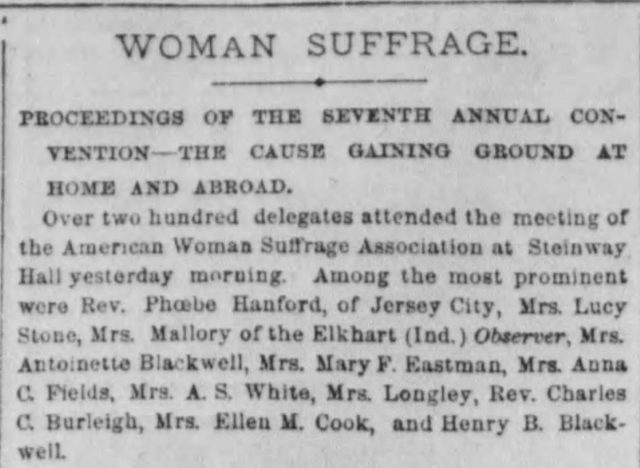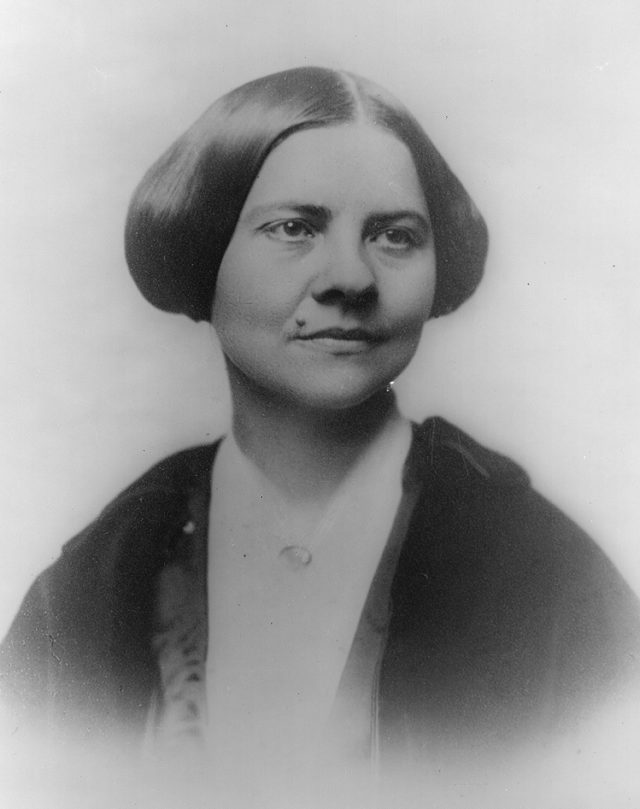“Put up at Park Hotel. Quite a stylish place.”
Lavinia Goodell, December 20, 1875
During the time Lavinia Goodell lived in Janesville, Wisconsin in the 1870s, she would occasionally have to take the train to Madison, the state’s capitol, for business. When she needed to stay overnight in Madison, she chose the Park Hotel.

The Park Hotel, at the corner of Main and Carroll Streets on the capitol square, opened in August of 1871 and cost $125,000 to construct. The day before its grand opening, the Wisconsin State Journal reported:
Continue reading →The site chosen is so superior, that even those who first objected to it, now express entire satisfaction with it, and most of them admit that it is the best that could have been found.
It is built of Milwaukee pressed cream colored brick, with trimmings of the best of Madison stone…; is four stories high, with Mansard roof of elaborate finish…. The exterior of the building presents a most pleasing appearance, and is greatly admired by all who see it.

















